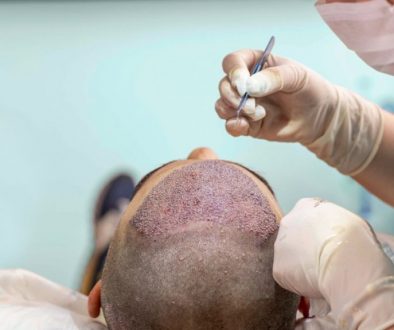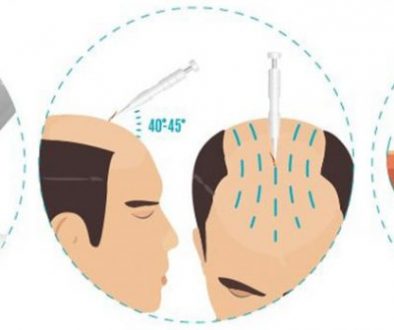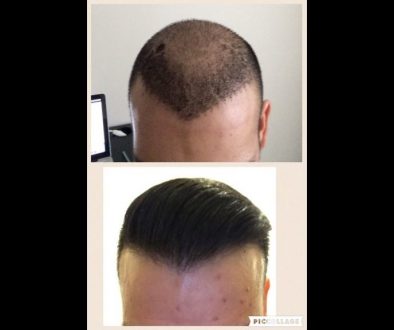Atrial Fibrillation (A.Fib) Medication and Hair Loss
I am 69 years old. 18 months ago I had my first Atrial Fibrillation (A.Fib) attack. The third time they added a beta blocker (Cardizem) to my list of medications (a calcium channel blocker) and it does seem to have slowed down my racing heart. The problem is that I recently noticed thinning hair when it was once abundant. Do I have to grim and bear it? It’s quite painful to me as a woman. Thanks in advance for your reply.
Finding the reason for unexpected hair loss can be quite challenging. In most cases, physicians can determine the type of alopecia by the balding pattern.
Certain medications have been known to cause a type of baldness known as diffuse alopecia. This condition is characterized by thinning hair all over the scalp.
Cardizem (also known as diltiazem) and the beta blockers used to treat high blood pressure and atrail fibrillation such as metoprolol, nadolol, propranolol among others have all been reported to cause hair loss. In most cases, normal hair growth continues once the medication is stopped. However, keeping your heart running at a normal pace is far more important, so please do not stop taking any medication unless directed by your physician.
Therefore I suggest speaking to your doctor about your hair loss concerns and explore alternative drug options for your condition that will be friendly both to your heart and your hair. Keep in mind that even if you do switch to a different drug, it could take several months before hair regrowth occurs.
Bill
Associate Publisher
Technorati Tags: Atrial Fibrillation, A.Fib, Cardizem, thinning hair, alopecia, balding pattern, baldness, diffuse alopecia, hair growth, hair regrowth




October 29, 2016 @ 5:31 pm
My hair is actually growing like crazy since I started on diltiazem. Perhaps it’s something else. I am supplementing with biotin and b complex. Maybe I’m just in a growth phase. Not having hair loss though.
May 26, 2015 @ 7:56 pm
Diltiazem is a calcium channel blocker, not a beta blocker. Anyone taking either had best know the difference. Hair loss here, too.
September 24, 2010 @ 5:47 am
I had two extreme attacks of AF requiring hospitalization when taking Finesteride & Flomax for prostate problems. GPs & Medics were totally unaware of this possibility & suggested yet more cardiac med. No way! I stopped all medications & AF has never recurred.
Physician heal thyself!
June 12, 2010 @ 9:02 pm
I was diagnoised with a-fib. Prior to this I was having some hair thining. After being perscribed diltiazem my hair started to almost shed, and still is. I called the mfg. of diltiazem and I was told hair loss is not a side effect. So why do I read sites that state diltiazem causes hair loss while other say “No”.
June 30, 2008 @ 12:19 pm
Dr. Meshkin,
Thank you for your professional imput on this highly important topic. It does appear that the best remedy is to swtich to another medication that doesn’t contain beta blockers that effectively treats A.Fib.
I assume however, that you wouldn’t have your female patients use Propecia (finasteride), unless under certain conditions? I know that women who are of child bearing age and want children are advised against taking it.
Thanks,
Bill
Associate Publisher
June 30, 2008 @ 12:57 am
Studies have shown that beta blockers are associated with hair loss. I had several patients who were placed on betablockers by their cardialogists and experienced general thinning mostly in the frontal and crown area. Following my recommendations, they switched to a different medication which didnot have the side effect. I also suggested to start using vitamin supplementation and propecia, and after a few months their hair starts to grow back. For my clients who are on antihypertensive medications, I am reluctant to recommend minoxidil because it could interfer with their antihypertensive therapy.